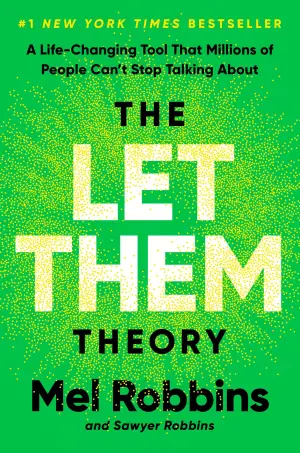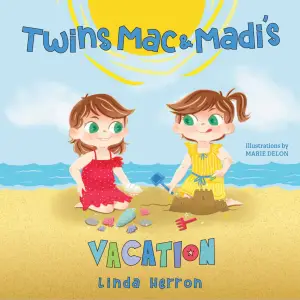Where the Crawdads Sing: A Rant-filled Reflection
Wow. Like so many others, I picked up Where the Crawdads Sing by Delia Owens because my book club chose it, and it flew off the shelves like a hot cake. The buzz surrounding this novel is undeniable, yet, unlike so many readers, I found myself not impressed—not even a little bit. This is going to be a bit ranty and, spoiler alert!—no apologies will be made.
From the title alone, I had my reservations. Crayfish might haunt the pages, but they certainly don’t sing! And then I dove into the first paragraph, where I was bombarded with overwrought prose that seemed to scream "Look at my metaphors!" Swamp water swallowing light? Yes, it paints a picture, but honestly, it felt more like a pretentious attempt to solidify its status as the next Great American Novel. I prefer language that resonates and reflects deep truths, but here it felt like an elaborate display meant to deceive rather than illuminate.
As I continued, I encountered the setting—North Carolina, the Outer Banks to be precise. This is where I began to furrow my brow. When you attempt to capture the essence of southern dialects, accuracy is key; otherwise, it becomes a caricature. I studied those very dialects at Appalachian State University, and the inconsistency in Kya’s father’s speech patterns with the community around him was jarring. The suggestion that people could “shed” their dialects through mere intelligence is, quite frankly, classist and oversimplified.
Here’s where things became frustrating. The characters, particularly Kya, missed tremendous opportunities for complexity. I wanted to see the nuanced layers of her character unfold throughout the narrative—not just in a final twist meant to shock but felt like it was plopped right at the end. This was especially maddening because the parts of Kya that we got at the end felt like the Kya I wanted to root for throughout the book—the capable, vengeful spirit that could hold her own against the world.
Then there were awkward sexual scenes that felt jarring and disconnected from the narrative. And let’s talk about pacing: the long court scenes had me checking my watch. To wrap it all up, the story felt lost in a quagmire of nature descriptions versus a true crime narrative.
While the writing had its lyrical moments, ultimately, it seemed like Owens didn’t know what she wanted this book to be. Was it nature writing? A mystery? Literary fiction? By attempting to fuse all these genres, it left the reader feeling unsatisfied, muddled in a sea of excessive descriptions of marshes and grits without substantial payoff.
Though I may not be part of the crowd that sings praises for this book, I recognize it has resonated deeply with many—offering solace to nature lovers and mysteries to solve alike. If you’re keen on beautifully crafted imagery and don’t mind wading through the muddy prose and inconsistent character development, perhaps Where the Crawdads Sing might just strike a chord with you.
As for me? I’ll be seeking stories that embrace complexity, authenticity, and nuanced characters in a way that feels genuine rather than contrived. Perhaps next time, the book club will pick something that leaves me feeling fulfilled rather than frustrated.














